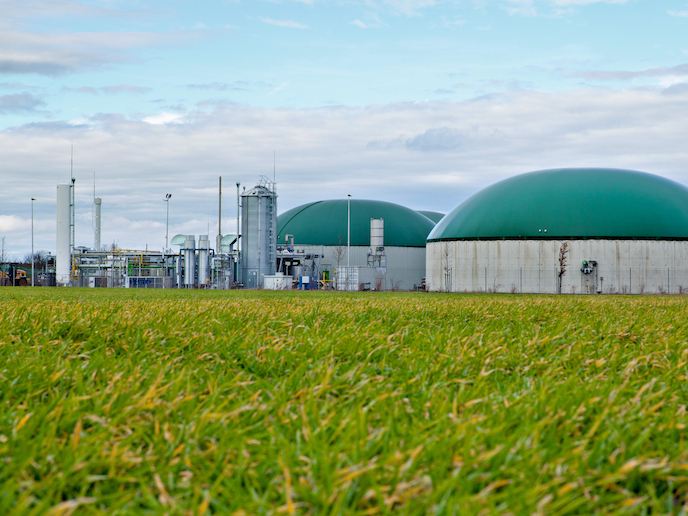When energy supply meets demand
Active distribution networks (ADNs) in which domestic and small commercial consumers actively participate in energy markets are designed to enhance flexibility and accessibility by balancing real-time power generation and demand. The EU-funded project 'Active distribution networks with full integration of demand and distributed energy resources' (ADDRESS) developed technological and commercial solutions to enable residential active demand. The vision is that domestic and small commercial consumers’ electrical demand can be made flexible optimising the operation of loads, embedded generation and storage systems. The ADDRESS architecture were validated at three complementary test sites in Spain, France and Italy. Within the ADN, aggregators are the mediator between consumers on one side and markets, distribution system operators (DSOs) and transmission system operators (TSOs) on the other. The aggregator, managing a portfolio of consumers, is able to offer active demand services, in markets or through bilateral relationships, to the other energy market players. The project delivered an Aggregator Toolbox that was field-tested at two test sites that deal with consumers (France and Spain). The Toolbox contains modules for consumption and market forecasting, management of consumer and market portfolios, optimisation of operations related to prices, volumes and bidding. In addition, the Aggregator Toolbox facilitates paying incentives to consumers and billing of AD buyers. Consumers are also the suppliers of AD. Domestic and small commercial consumers have an energy box that manages home loads, optimising control of smart appliances to modify energy consumption and meet market demands. Distribution System Operators (DSO) play a key role, because target consumers are directly connected to the electrical distribution grid. On one side DSOs are commercial players, buying active demand services for their own purposes, as for voltage regulation and power flow control. On the other side they are technical players, ensuring the secure operation of the grid in presence of active demand. Results coming from the field tests point to several general conclusions. The trade of AD products has the potential to reduce energy costs and emissions while improving market and system performance through reduced price volatility and greater energy quality and security. By reducing congestion and adapting better to network capacity, AD can also reduce network losses. ADDRESS has built a strong basis for the adoption of AD and interactive energy networks in Europe with important benefits for consumers, system operators and the environment.







